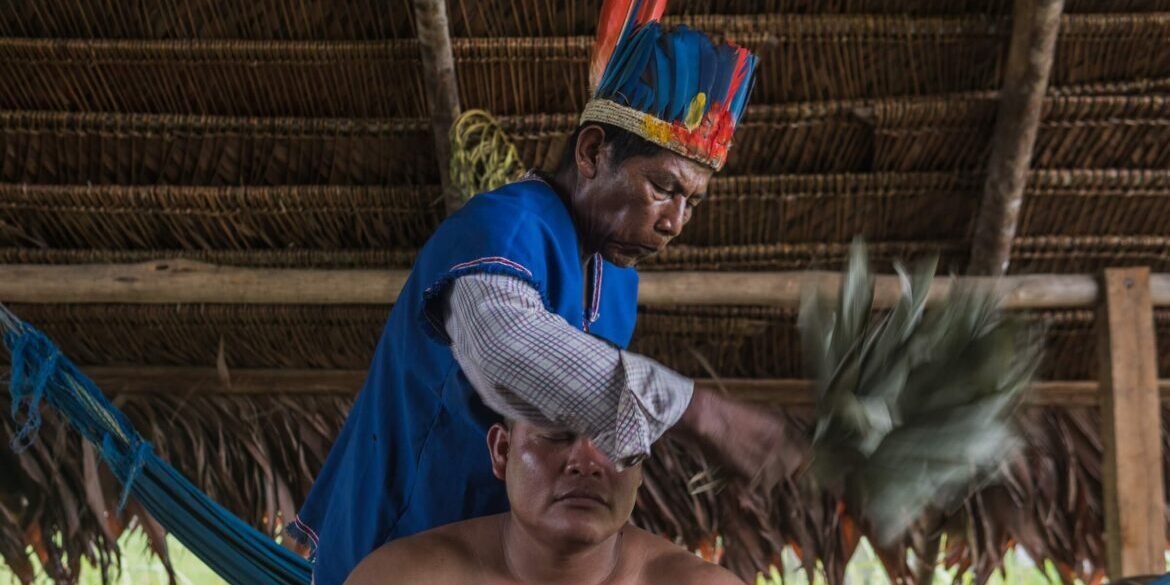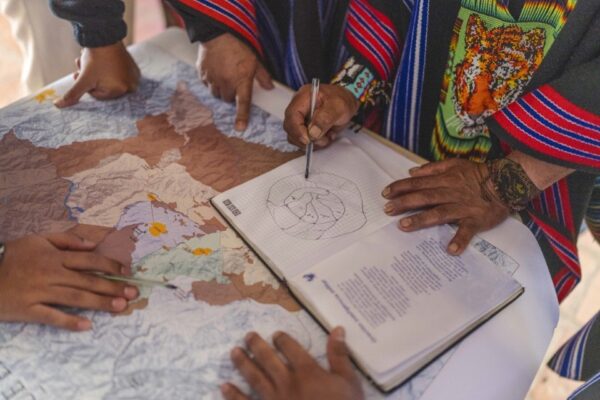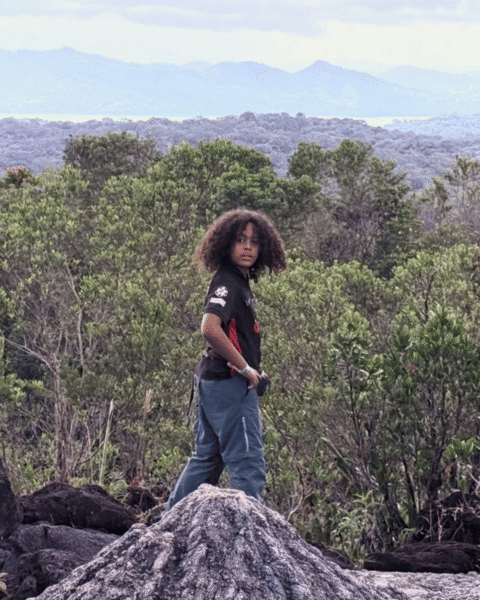
What is One Health
The term One Health, translated as “One Single Health” or “Unified Health,” was formally adopted globally after the “One World, One Health” symposium held in 2004 in New York. Since then, international organizations such as the World Health Organization (WHO), the Food and Agriculture Organization of the United Nations (FAO), and the World Organisation for Animal Health (WOAH) have been developing joint strategies based on this concept—together with Indigenous peoples and traditional communities.
The concept gained even greater relevance with the COVID-19 pandemic, which revealed the need for integrated actions to address global health threats, recognizing that human health depends on the health of animals and the environment.
“Even before it had this name, the idea of One Health was already lived and practiced by Indigenous peoples and traditional communities, who understand human health and the health of the forest as inseparable.” — Lirian Ribeiro, ACT-Brasil field analyst focused on work with women and Indigenous medicines
Indigenous Health and Climate Resilience
ACT-Brasil holds that Indigenous health and climate resilience go hand in hand, appreciating the value of ancestral knowledge in protecting the ecosystems essential to life.
The recognition of Indigenous medicines, including their spiritual meaning for Indigenous peoples, is fundamental to an integrated approach to health in the Amazon. Without caring for the territory and its beings, there can be no well-being.
During the 1st Seminar on Indigenous Health and Climate Resilience (September 24–26, 2025, Rio Branco, Acre, Brazil), ACT-Brasil emphasized key points for the creation of a National Program on Indigenous Health and Climate Resilience, including the following:
- Demarcation, protection, and monitoring of Indigenous territories
- Recognition of the standing forest as an integrated expression of life, a space of healing and connection
- Territorial management guided by ancestral knowledge and sustainable practices
- Public policies coordinated across health, environment, education, and human rights
- Healthcare built with Indigenous peoples, respecting their voices and forms of community organization.
A Warning for Brazil and the World
National debates in preparation for COP30, taking place in Belém do Pará, Brazil, highlight that the climate crisis is already affecting the health of Indigenous peoples. Climate changes, combined with the pressures of agribusiness and mining, are causing:
- Food insecurity and loss of genetic heritage
- Increases in diseases such as hepatitis, diarrhea, malaria, and arboviruses
- Severe impacts on the mental health of communities.
“Protecting Indigenous health in the face of the climate crisis requires collective commitment. The solutions lie in the ancestral knowledge of Indigenous peoples, in dialogue with science and public policy.” — Lirian Ribeiro, ACT-Brasil
On the Road to COP30: One Health, One Planet
At COP30, ACT will carry a clear message:
There is no health without forests, and no healthy climate without healthy peoples.
Discussing One Health means discussing the planet’s future with regard to climate justice and with recognition of the diverse bodies of knowledge that can support a healthy climate.
Follow our journey toward COP30 and join us in this essential dialogue—because caring for Indigenous health is caring for the planet.
Don’t miss these powerful stories and updates. Sign up for our newsletter today!
Share this post
Bring awareness to our projects and mission by sharing this post with your friends.




